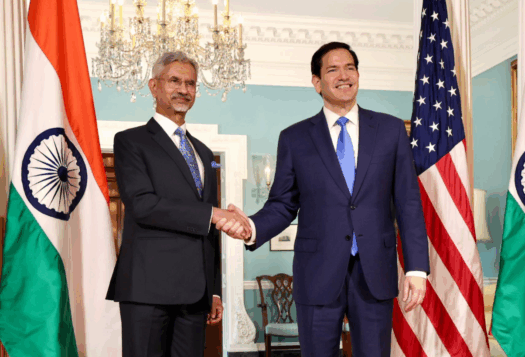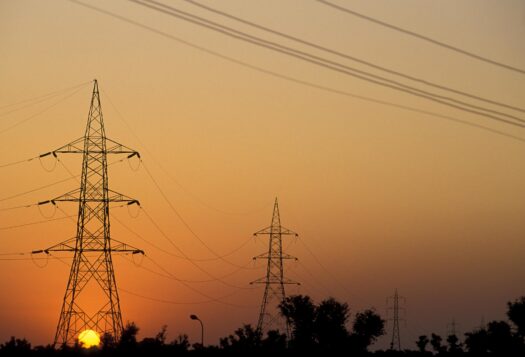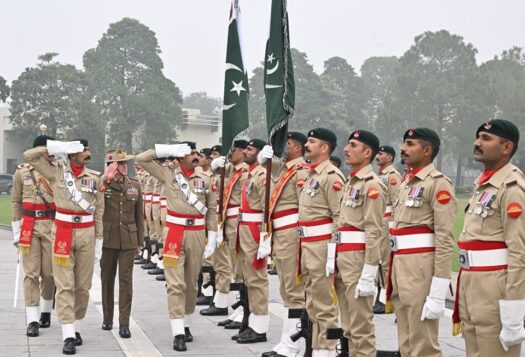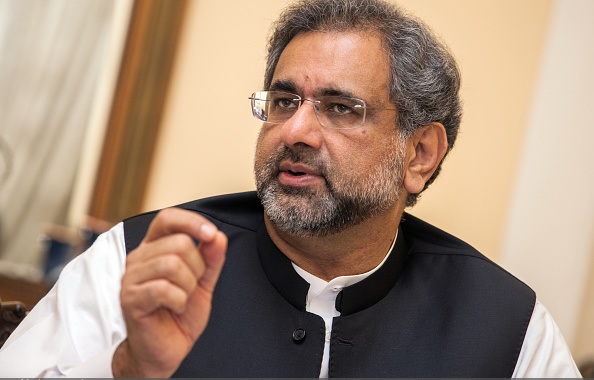
In August, U.S. President Donald Trump announced the administration’s long-awaited Afghanistan strategy at the Fort Myer military base near Washington. In his speech, he criticized Pakistan for its alleged role in giving sanctuary to insurgents operating in Afghanistan against the United States. Contending that Pakistan had become an “agent of chaos” which had not been holding up its end of the bargain in Afghanistan, Trump said the United States had been giving Pakistan “billions and billions of dollars” but “at the same time they are housing the very terrorists we are fighting.” As the president acknowledged in his August remarks, Pakistan has been a “valued partner” of the United States in the past. It was an ally of the United States during the Soviet invasion of Afghanistan in the 1980s and again joined hands with Washington to fight the “War on Terror” in Afghanistan starting in 2001. However, U.S. indignation at Pakistan for not acting against the Haqqani Network and a series of negative developments that unfolded in the early 2010s, including the Salala Check Post incident and the Raymond Davis episode, have led to the deterioration of United States-Pakistan relations. It seems that Islamabad has started to decision to distance itself from the United States, propelled by the two countries’ divergence on fundamental strategic issues and the emergence of alternative strategic partners for Pakistan.
Pakistan’s Grievances
Islamabad’s sense is that the Trump administration’s decision to call out Pakistan was intended to obfuscate America’s own missteps in Afghanistan. Foreign Minister Khawaja Asif deemed the president’s remarks an effort to make Pakistan a “scapegoat” for the failure of the 16-year-long effort to defeat the Afghan Taliban. Pakistani Prime Minister Shahid Khaqan Abbasi, addressing the United Nations General Assembly last month, said: “Having suffered and sacrificed so much due to our role in the global counterterrorism campaign, it is especially galling for Pakistan to be blamed for the military or political stalemate in Afghanistan.”
Pakistani officials have recognized that while the country may have made some mistakes earlier on, its commitment to counterterrorism has been steadfast in recent years. In his official visit to America recently, Foreign Minister Asif remarked: “Don’t just blame Pakistan. We are not saying that we are saints. Perhaps in the past we made some mistakes. But since the last three, four years we are whole-heartedly, single-mindedly targeting these terrorists.”
Another controversial issue in Islamabad is the U.S. decision to cut both economic and military aid to Pakistan in recent years. Last year, the Obama administration withheld $300 million in military aid from the Coalition Support Fund (CSF) for Pakistan while this year, the Trump administration blocked $50 million after U.S. Defence Secretary James Mattis noted Pakistan’s failure to take “sufficient actions” against the resurgent Haqqani Network, a terror outfit that Islamabad has been accused of supporting.
The perception that the United States has taken on an India-centric view of regional dynamics also irks Pakistan. For instance, the United States has expressed concerns over the China-Pakistan-Economic-Corridor (CPEC). Last week, Secretary Mattis told the Senate Armed Services Committee that the project runs through territory that is also claimed by India. This signaled to Pakistan that the United States has begun to view regional geopolitics from an Indian perspective since New Delhi has repeatedly expressed its distaste for CPEC and Beijing’s larger One Belt One Road (OBOR) initiative. Pakistan, in response to the United States’ qualms about CPEC, called it nothing but a “development and connectivity project” that would bring economic prosperity to the region. Earlier this month, at an event in Washington, Interior Minister Ahsan Iqbal warned that if the United States views the region from India’s perspective, “it will harm the region and U.S. interests too.”
These developments have left Islamabad resentful that the United States has not recognized its sacrifices and well-intentioned efforts to live up to America’s “do more” mantra. It has also rendered Pakistan distrustful of its decades-old partner’s regional intentions. After all, the United States’ stated aim of augmenting India’s role in Afghanistan is a matter of concern for Islamabad, an element that Pakistan believes the Trump administration has not seriously considered.
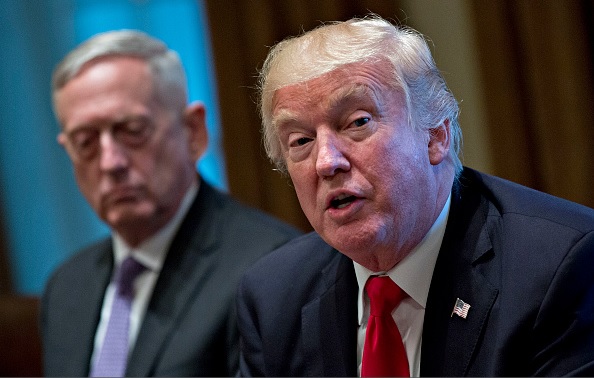
Diminishing Dependency
Islamabad has been able to deal with this souring of ties with Washington because it is no longer strictly dependent on the United States for the trade of arms and defense technologies, economic assistance, and direct investment. For instance, its all-weather friendship with Beijing has become both a strategic and economic asset. Pakistan sees the $62 billion Beijing plans to invest in CPEC as a means of transforming Pakistan into a regional gateway of trade. Moreover, China’s backing on key policy issues (such as blocking India’s efforts to put forth a UN resolution deeming Masood Azhar a terrorist and speaking up in favor of Pakistani sacrifices in the War on Terror) on the international stage has shielded Pakistan from U.S. pressure.
Recently, Moscow and Islamabad have also started to widen their bilateral relationship that was laden with mistrust during the Cold War era. After lifting its arms embargo against Pakistan in 2014, Russia has now begun providing important military hardware to Pakistan. Furthermore, both sides have chosen to leave the bitter past behind by conducting joint military exercises twice in the last two years. Thanks to these strong ties with other great powers, Islamabad has recognized that it is no longer tethered to the United States’ foreign policy aims.
Healing Wounds
Despite having innumerable policy differences on key strategic issues, Islamabad cannot entirely sever its ties with Washington, seeing as it is still the global superpower and Pakistan has invested considerable time and effort in the relationship over the last seven decades. Moreover, if Pakistan does not heed U.S. demands to act against terror outfits like the Haqqani Network, the U.S. Congress could begin to take an even harder line on Islamabad by passing legislation to designate Pakistan a state sponsor of terrorism. At the same time, the Trump administration should be careful not to outright discredit Pakistan’s counterterrorism efforts, especially since Pakistan has strategic alternatives in the form of China and Russia. Though, lately, there has been some positive momentum in the relationship. Earlier this week, the Pakistani army freed a Canadian couple who had been captured by the Taliban and held for years on Pakistani soil. This release seems to have temporarily healed some mistrust, with President Trump calling the effort a “positive moment” in the U.S.-Pakistan relationship. There are plenty of opportunities, particularly in the counterterrorism realm, in which a concerted effort on both sides could produce mutually desirable outcomes. If regional stability is to improve, both countries should work together to reduce the trust deficit and resurrect fractured ties.
***
Editor’s Note: Click here to read this article in Hindi
Image 1: Asim Hafeez/Bloomberg via Getty Images
Image 2: Via Getty Images
